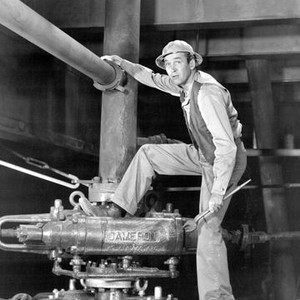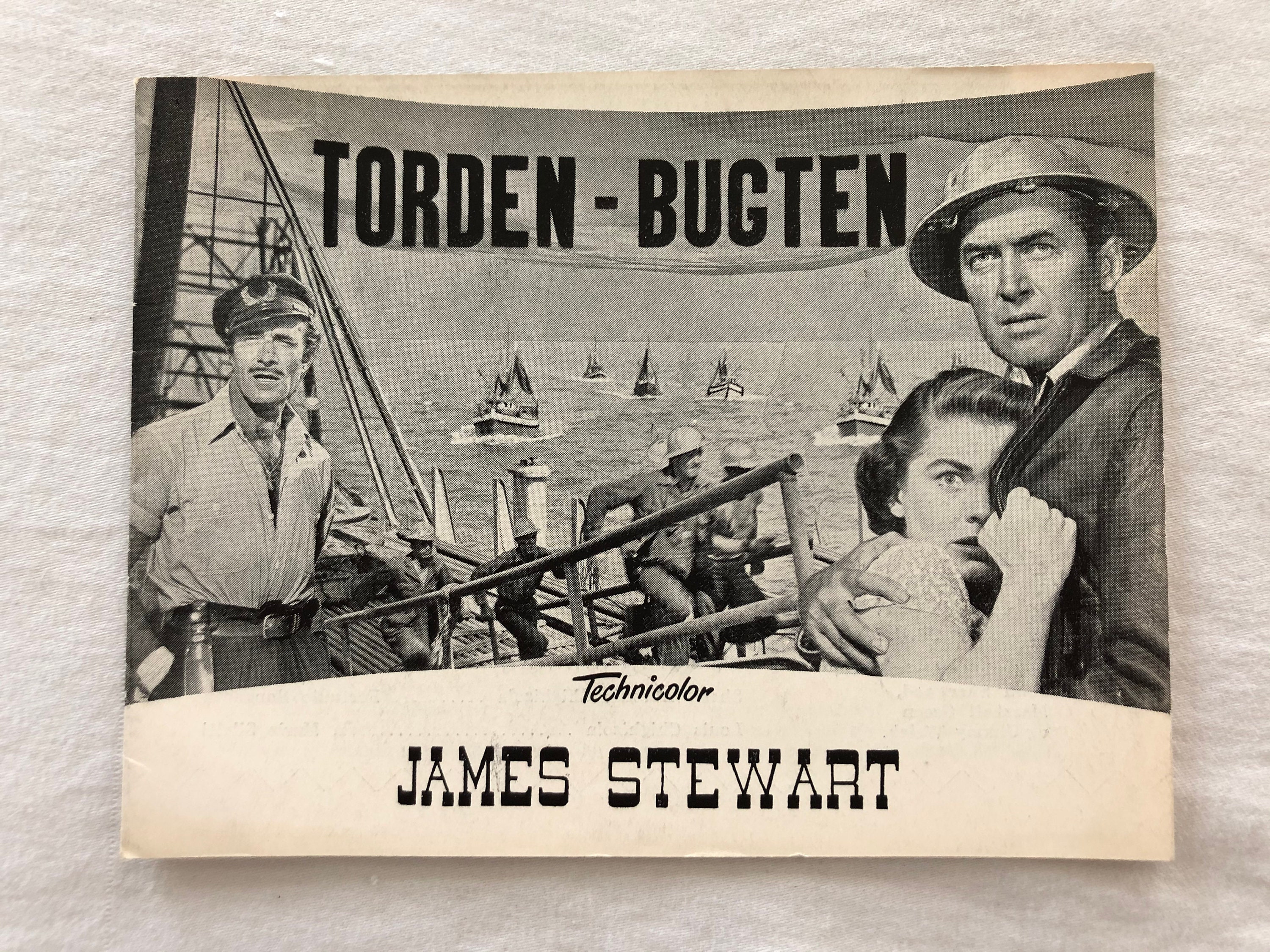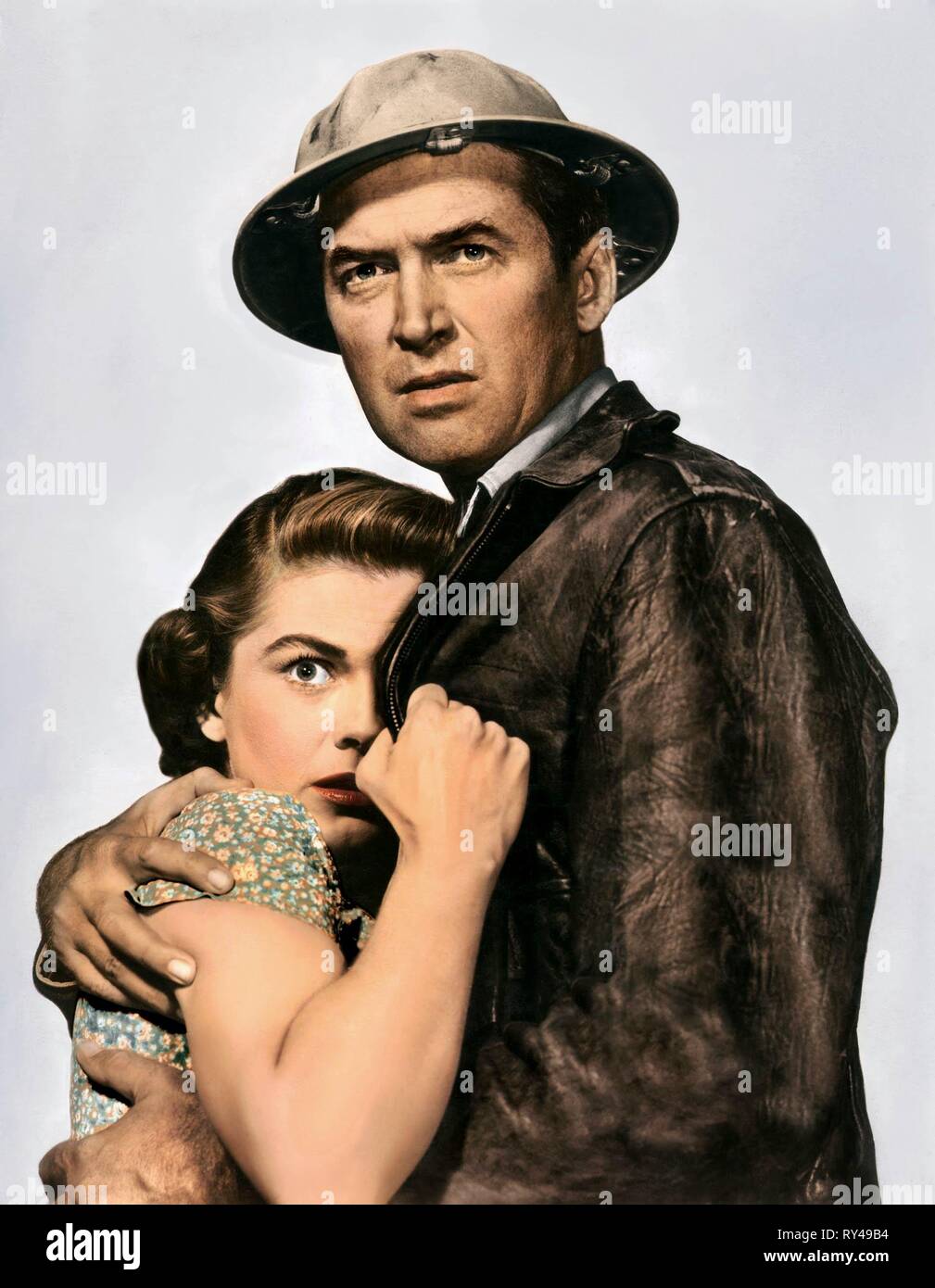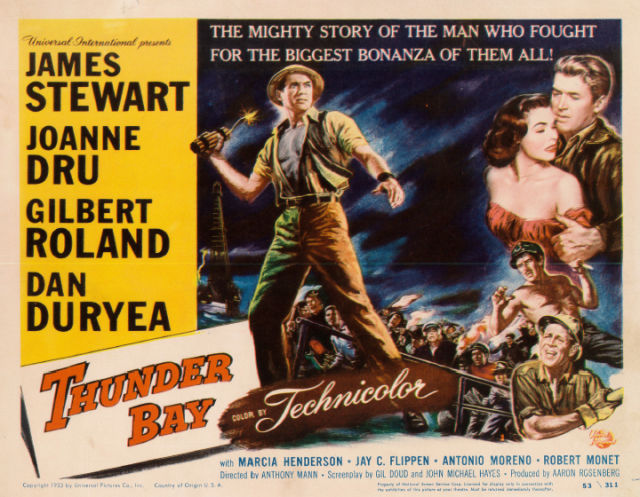Ultimately, Thunder Bay reinforces Steve Martin’s position on offshore oil drilling. Martin effectively argues for the off-shore drilling by stressing interdependence, an organismic approach to ecology, claiming that oil and shrimp can not only mix but bring prosperity to all: “There’s oil down there,” Martin proclaims, and “this is going to be good for the town, good for the people.”
The conflict is not so easily resolved, however, and must first rise to a climax. Because of his opposition to oil drilling, for example, Dominique will no longer rent his shrimp boat to Martin and Gambi, but his friend Teche (Gilbert Roland) will, perhaps only as another income source. The other shrimpers remain concerned: “Don’t they know they’re killing the shrimp?” Dominique asks. Stella, Dominique’s oldest daughter agrees, exclaiming, “The town’s not enough. They have to kill the whole bay.”
During the initial seismic blasting that will locate the best areas for underwater drilling, Martin disagrees and reinforces his claims that oilmen and shrimpers can build a prosperous community together: “Those shrimp can withstand ten times the blast,” he asserts. After the blasting, however, the townspeople plan to stop Martin and Gambi because they believe their dynamite may have destroyed the shrimp beds.
When Stella warns Martin that the townspeople may confront him, however, he continues to stress the potential for an interdependent relationship between shrimpers and oilmen, telling her that dynamite won’t “do any harm. If it hurt the shrimp, I’d stop it.” And when the townspeople nearly attack him, Martin continues to espouse his claims for an interdependent relationship between them: “Nothing we do spoils the fish or the town…. Oil is going to do good things for the place.”










